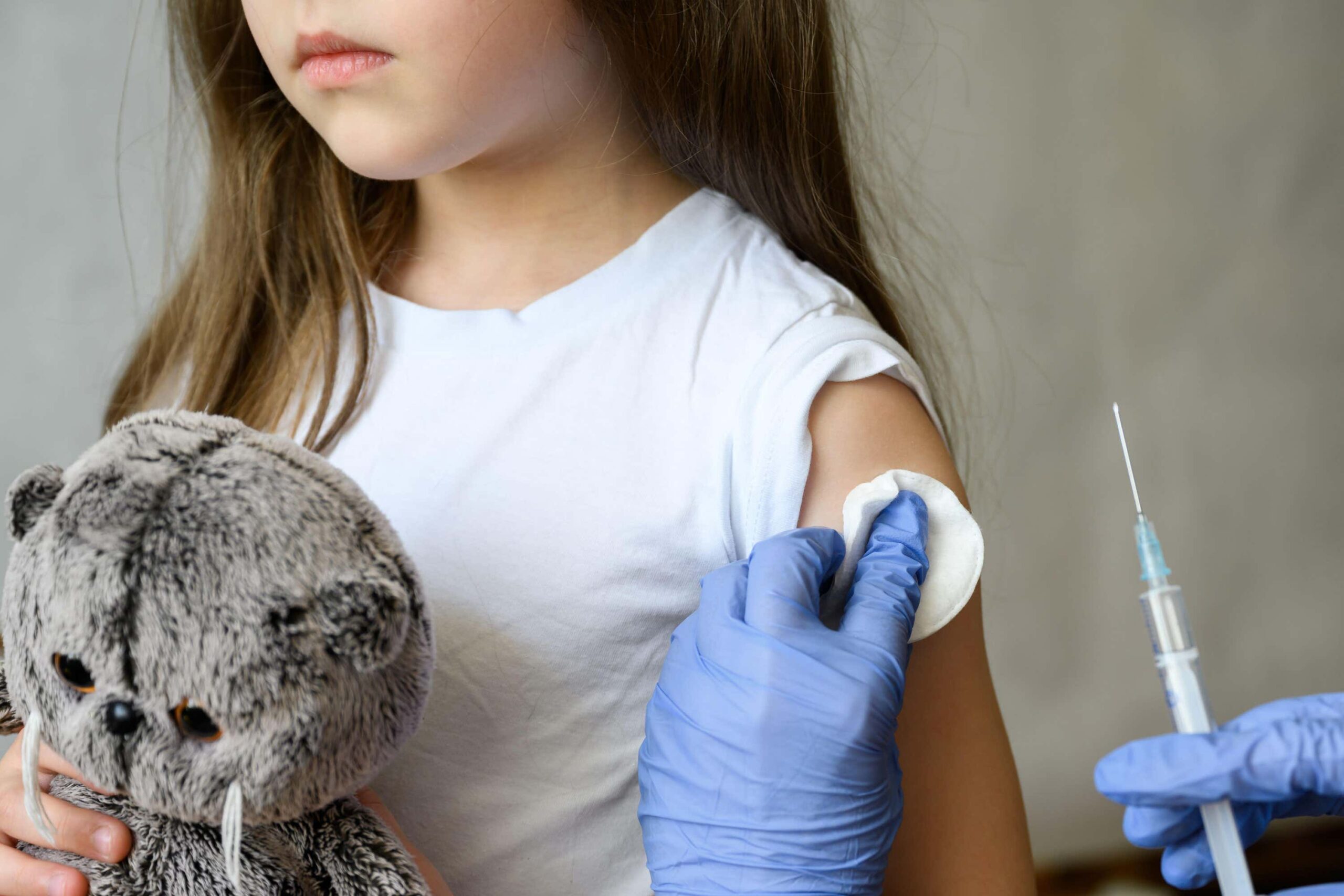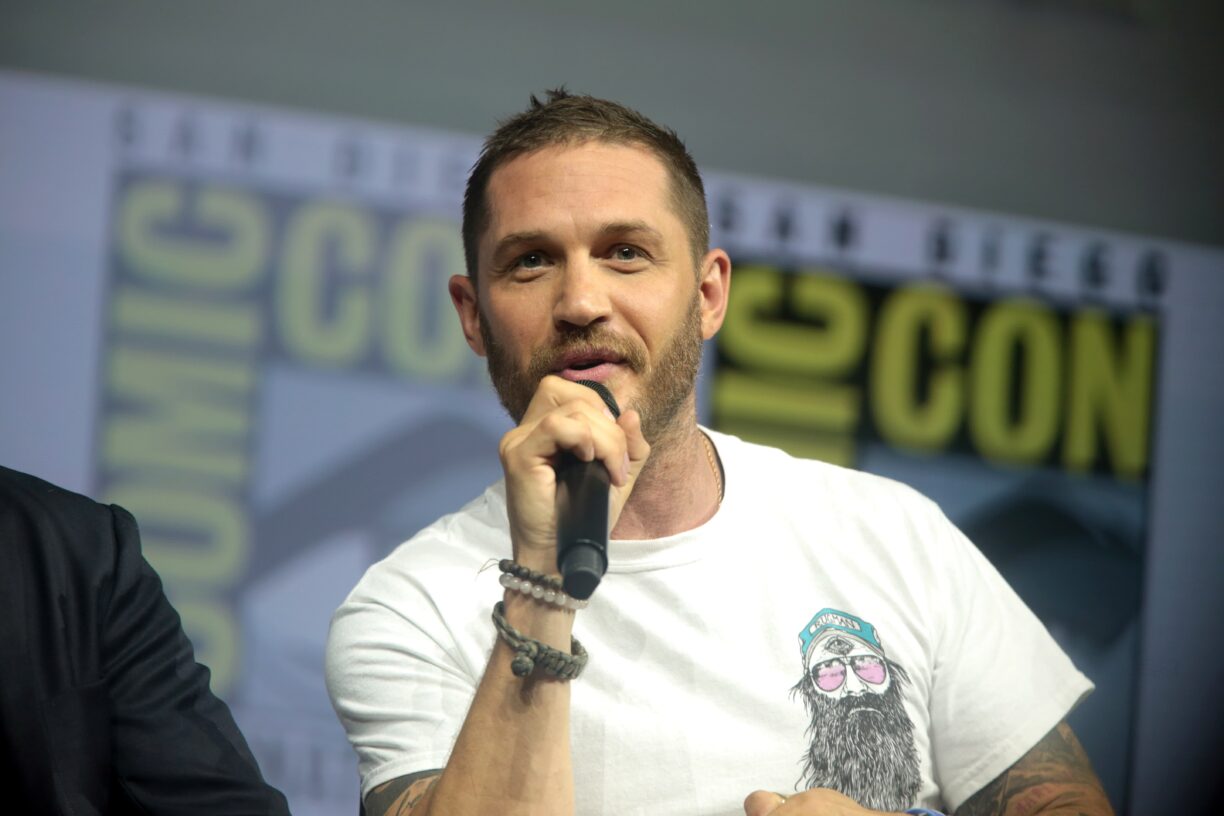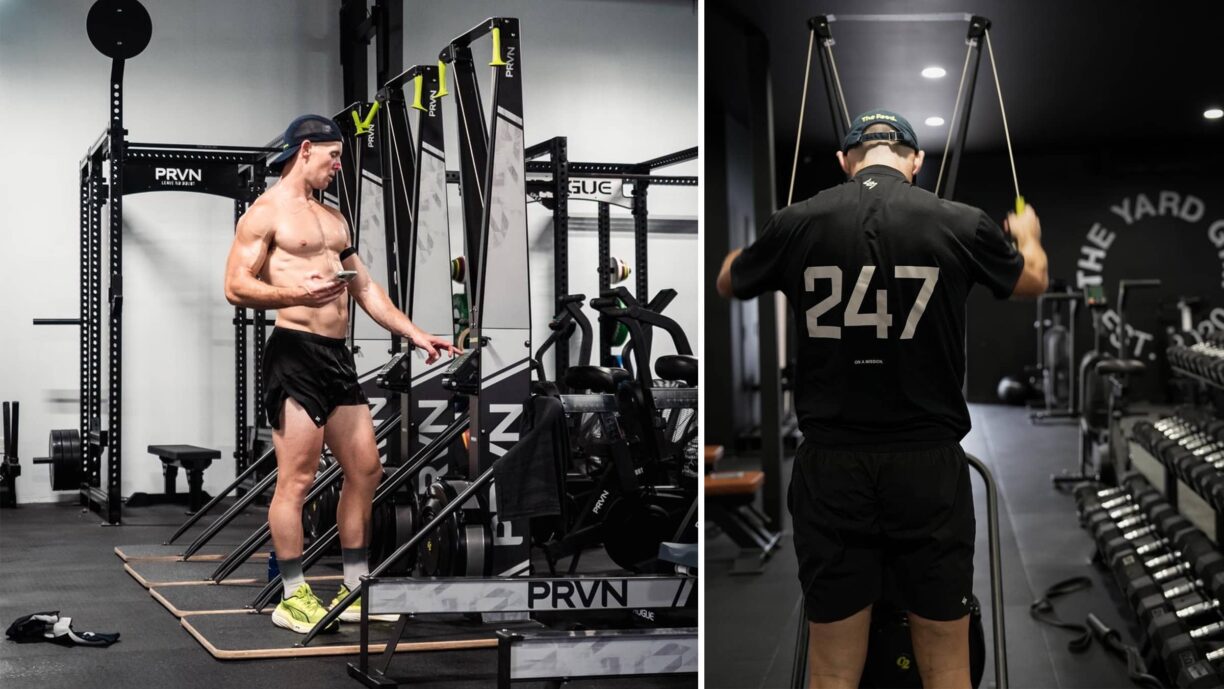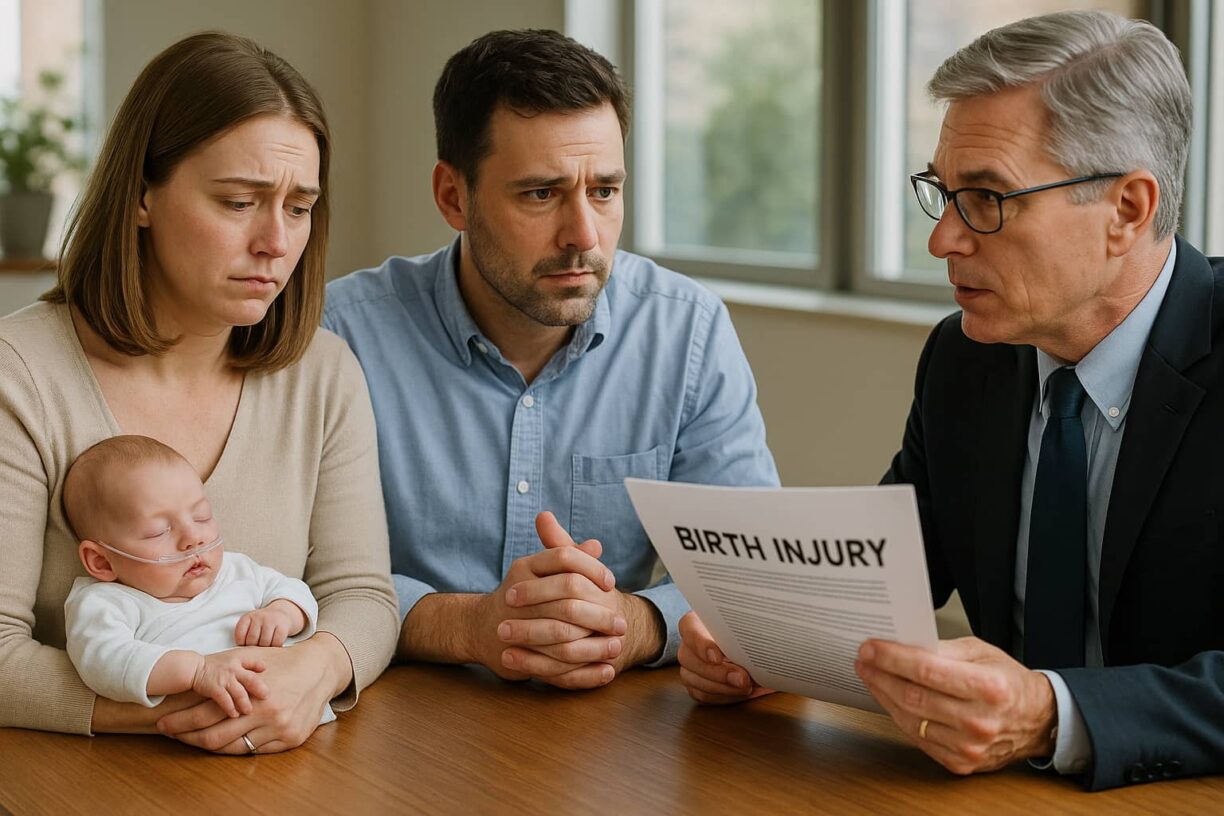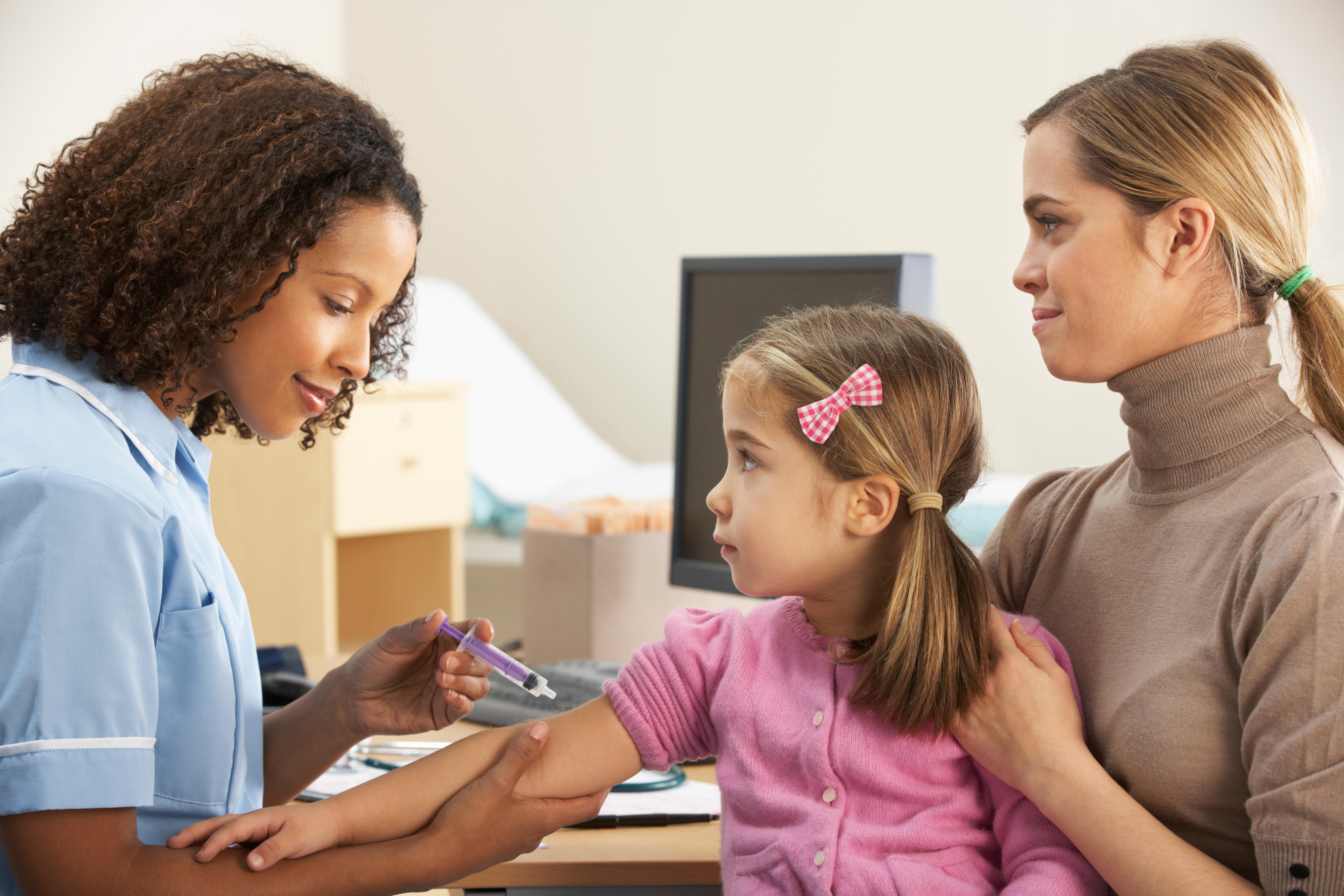
MMR vaccine rates have dropped to their lowest level in a decade – and experts are concerned about the impact on children’s health.
With more than one in 10 children in England starting school un-jabbed, the UK Health Security Agency (UKHSA) is urging parents and carers to ensure their kids get the vaccine, which is offered on the NHS in two doses: first at around a year old, and then again at age three to five.
The MMR protects against three illnesses – measles, mumps and rubella (German measles).
As well as being highly contagious and unpleasant at best for those infected, they can all potentially become serious and have a long-term impact.
There’s no cure if children get ill with these infections: “That is why we vaccinate,” explains Dr. Jeff Foster of H3 Health.
Dr. Vanessa Saliba, a consultant epidemiologist at the UKHSA, points out: “The MMR vaccine offers the best protection from measles, mumps and rubella, which is why we’re calling on parents and carers to make sure their children are up to date with their two doses.
Even a small drop in vaccine coverage can have a big impact on population immunity levels and lead to outbreaks.”
Need to know more about the MMR vaccine? We asked Dr Foster to talk us through some key points…
Is the MMR vaccine safe?
“The MMR vaccine has been around for decades. It is given as part of the other UK childhood vaccination program,” explains Foster.
“It is worth noting that in addition to the MMR, many other vaccines are given in combination or at the same time (for example diphtheria, tetanus and pertussis).”
There was a point in time when the MMR vaccine sparked fears, following a 1998 report by a doctor named Andrew Wakefield linking it with autism.
But Wakefield was later struck off the medical register and his claims were discredited.
“So misleading was Wakefield’s research that in 2010, he was referred to the GMC [General Medical Council] which found him guilty,” says Dr. Foster.
It’s natural as a parent to want to know that any medical treatment your child receives is safe and it’s fine to ask questions – so if you have any concerns about side effects, speak to your GP or nurse practitioner.
They can make sure you’ve got all the information you need and that you understand why childhood vaccines are very important. If helpful, translation services can be arranged too.
Why is it important to protect against measles?
Childhood rashes are very common and often harmless. But measles is not something to take lightly, as it can turn very serious for children.
“Measles often presents with fevers, temperatures, flu-like symptoms with red sore eyes, white spots in the mouth and a characteristic rash all over the body a few days later.
Complications include the risk of chest infections, pneumonia and seizures,” says Foster.
What about mumps?
“Mumps is a nasty disease that can present as a simple flu-like illness but can also lead to swelling of the saliva glands,” says Foster. Kids with mumps can feel very poorly until they get better.
In males and those born with male sex organs, there can be greater complications.
“More seriously [it can cause] orchitis – swelling of the testicles – which can lead to life-long infertility,” explains Foster. “It can also cause meningitis and brain swelling (encephalitis).”
Rubella can be harmful in pregnancy too
“Rubella classically produces common cold-like symptoms and a rash a week or so later. But unlike the common cold, if you get it while pregnant and unvaccinated, it can cause heart problems, loss of hearing and eyesight, and liver or spleen damage to the baby,” says Foster.
“I would urge parents to check if their children are up to date with their MMR vaccines and if not, to get them booked in as soon as they are able,” Saliba adds. “It’s never too late to catch-up.”

